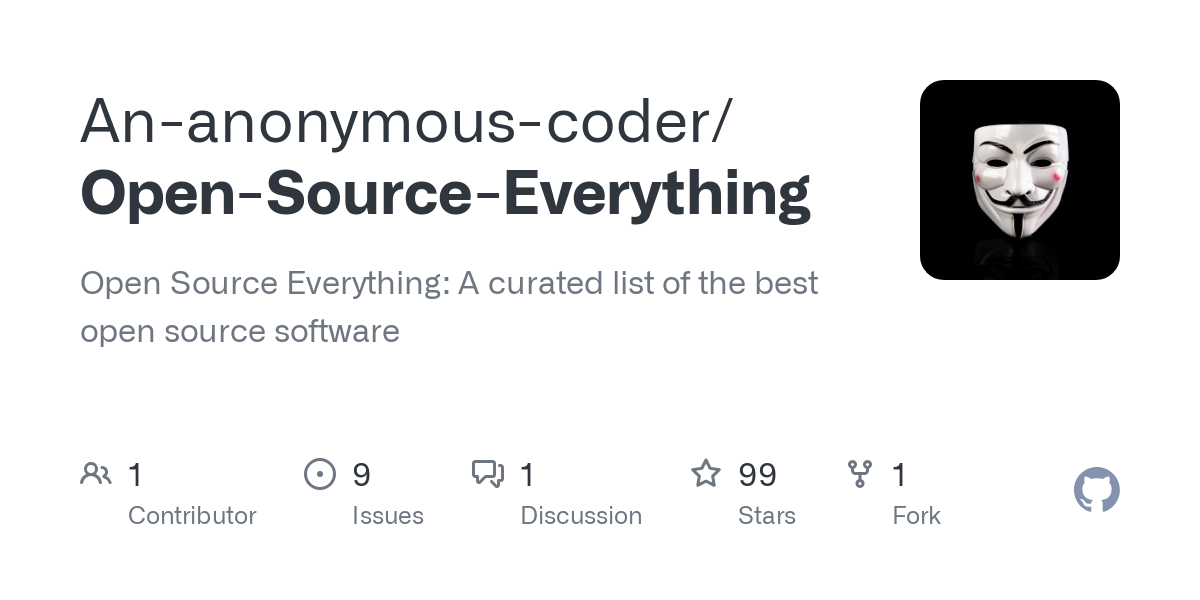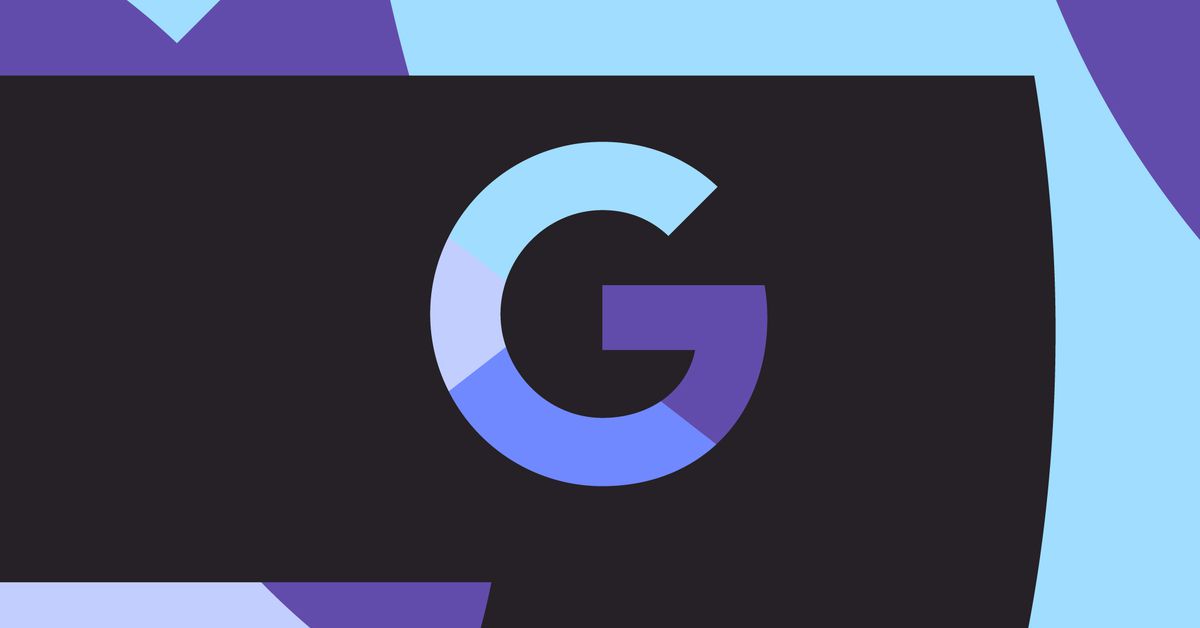

The fact that you simply ignored music players disqualifies your list.
As I said, the list is still brand new. It doesn’t have everything yet. The entire list should not be discounted because of this. If you have software you would like to see added, please post an issue on the repo with links and it likely will be added.
Also considering that Arch’s AUR, for example has over 90.000 packages, the idea of one person compiling a useful general “best of” list is deluded and doomed from the start.
If you don’t like my list, I encourage you to make your own. These are simply my opinions, which won’t always be for everyone. Arch/AUR is not a be-all-end-all either.
I simply state the fact that unless you enlist help (and a lot at that) your endeavor is useless.
It is fruitful to share my own list and experiences for those looking for it. Incompleteness is not useless.




For platforms, they are clear enough that they can remain the same. As for the badges, there are very few that I tried to keep fairly intuitive. The goal is to use color and pictures to very easily recognize the value of software at a glance, rather than having to read each word (words all look the same at a glance). A better solution may be to add labels alongside the stamps to provide the best of both worlds.